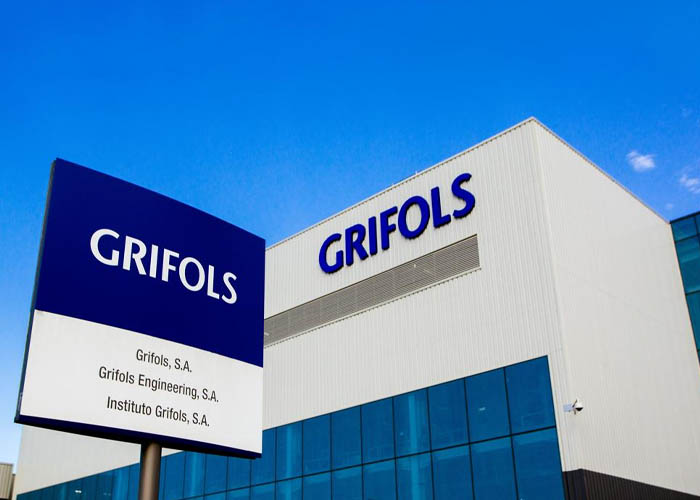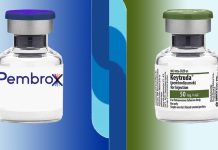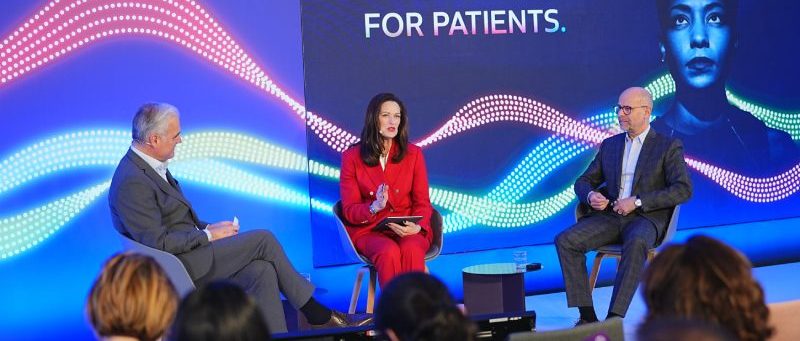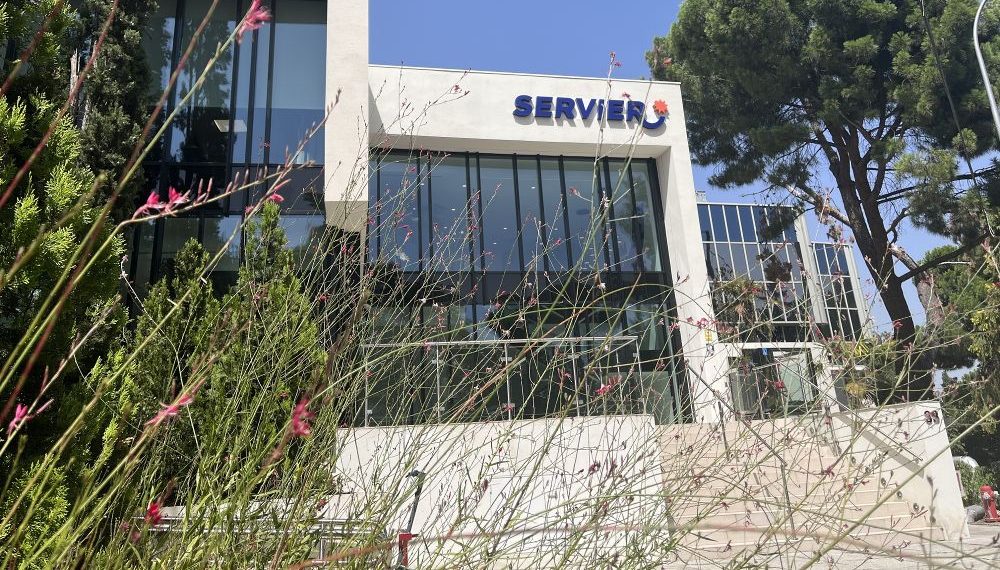Spain’s Grifols has abandoned its operations in Argentina. The decision comes amid global cuts following the plasma shortage provoked by the COVID-19 pandemic, which caused an major impact on financial results in 2020 and 2021. Argentina’s own economic challenges were also a factor in the decision.
Staff in the Commercial, Administrative and Technical areas received the official notifications on Friday. Spain’s Grifols communicated that it was dismissing its entire workforce in Argentina. It’s closing the operation as part of a programme of global cuts, although local factors also played a part.
The company, which specialises in blood products, suffered a major downturn during the COVID-19 pandemic due to a shortage of blood donors, which resulted in a lack of raw material for its products. In February, it announced an objective to reduce staff by 8% globally as part of a plan to optimise costs, streamline corporate functions and gain efficiency improvements. See article in Spanish.
In Catalonia, where Grifols has its headquarters, staff cuts have reached close to 45%, according to Crónica Global. But in Argentina, where Grifols was led by general manager Mario DiCola at offices in Munro on the outskirts of Buenos Aires, there are other factors too. Pharmabiz was told that the impossibility of transferring currency abroad and unfair competition (in the company’s eyes) were two of the reasons for the decision.
It’s far from the first time that a multinational has left Argentine due to these reasons, but a particularity this time is that unlike in other recent cases, Grifols will not leave a local licensee for its products. In other cases, US-based Eli Lilly entered into an agreement with local drugmaker Raffo; France’s Pierre Fabré with Sidus and Sweden’s Diaverum with the Olmos group.
As far as Pharmabiz could ascertain, Grifols has stock to last until October and after that will lower the blinds in Argentina completely. The company’s portfolio in the country, all imported, includes the plasma expander Albutein, based on human albumin. Competitor products in this line come from local drugmakers Varifarma, GP Pharm and Biofactor. Another product is the factor IX Grinine, which competes with products from Japan’s Takeda and Varifarma. There’s also the factor VIII Fanhdi, which competes with Takeda, Varifarma and CSL Behring.
Also listed are the immunoglobulins Phlebogamma, Igantibe and Igantid, which face rivals from Varifarma, Biofactor and Microsules, among others. The enzyme inhibitor Prolastin-C, was led only by local drugmaker Tuteur.
The Spanish company landed in Argentina in 1991 and also used the country as a base to cover the Uruguayan and Paraguayan markets. Sources consulted estimate Grifol’s business volume in Argentina to be worth US$ 4.6m a year.
According to an article in the economic newspaper Cinco Días, Grifols aims to raise €2bn by selling assets to reduce its debts and right its financial course. The article suggests the company’s options include selling units such as its Chinese business or diagnostic area.
Despite the challenges, the Barcelona-based company registered a record turnover of €6.06bn in 2022 – a 12.4% improvement at constant exchange rates, mainly driven by the solid performance of its Biopharma unit. Thomas Glanzmann, who had acted as vice president since 2017, recently replaced Steven Mayer as CEO. Mayer resigned after just over four months in office.
















